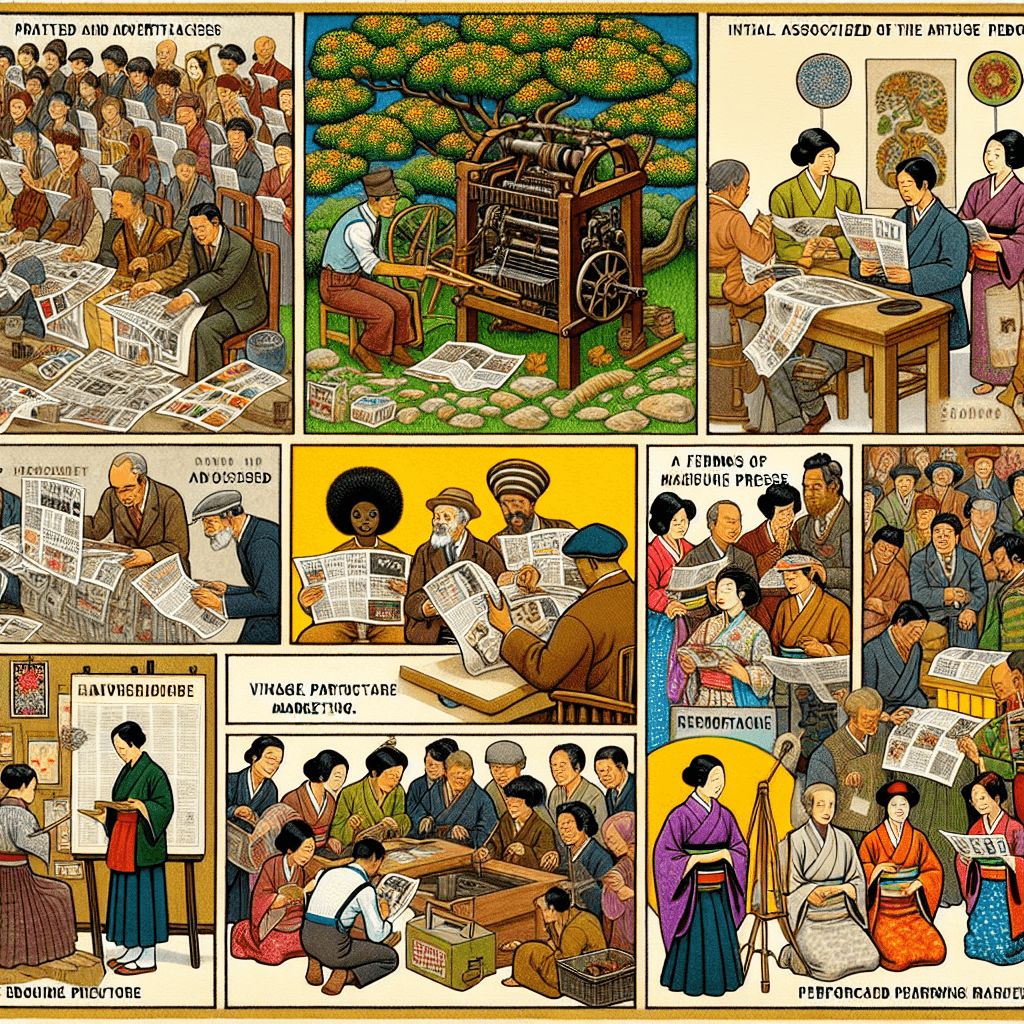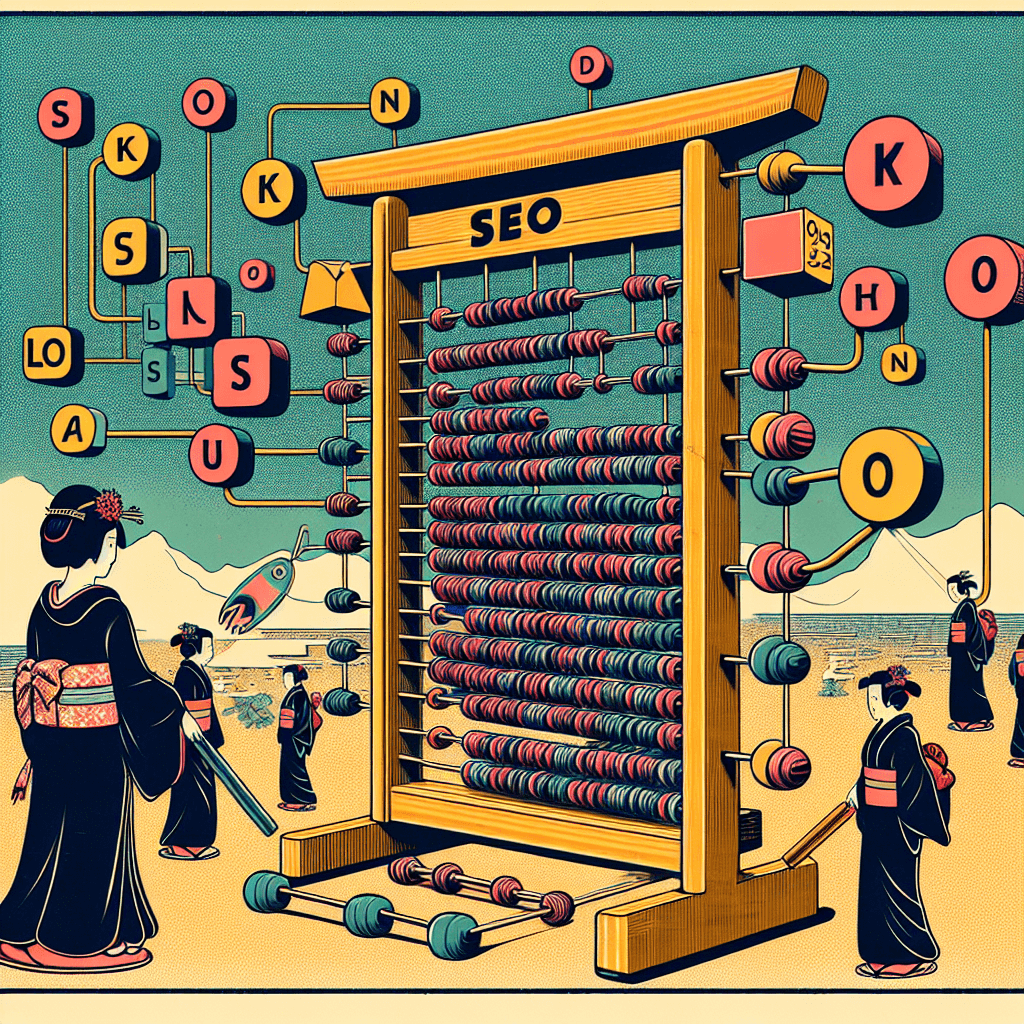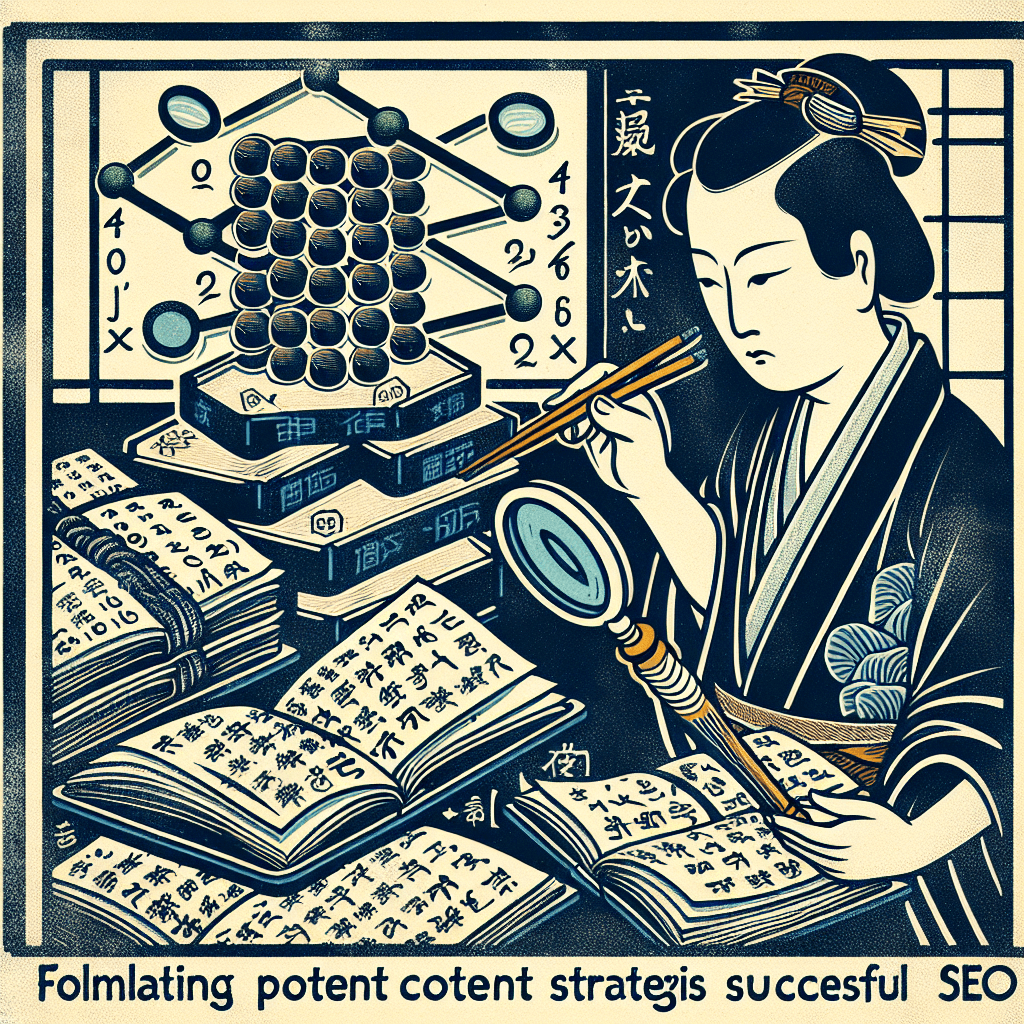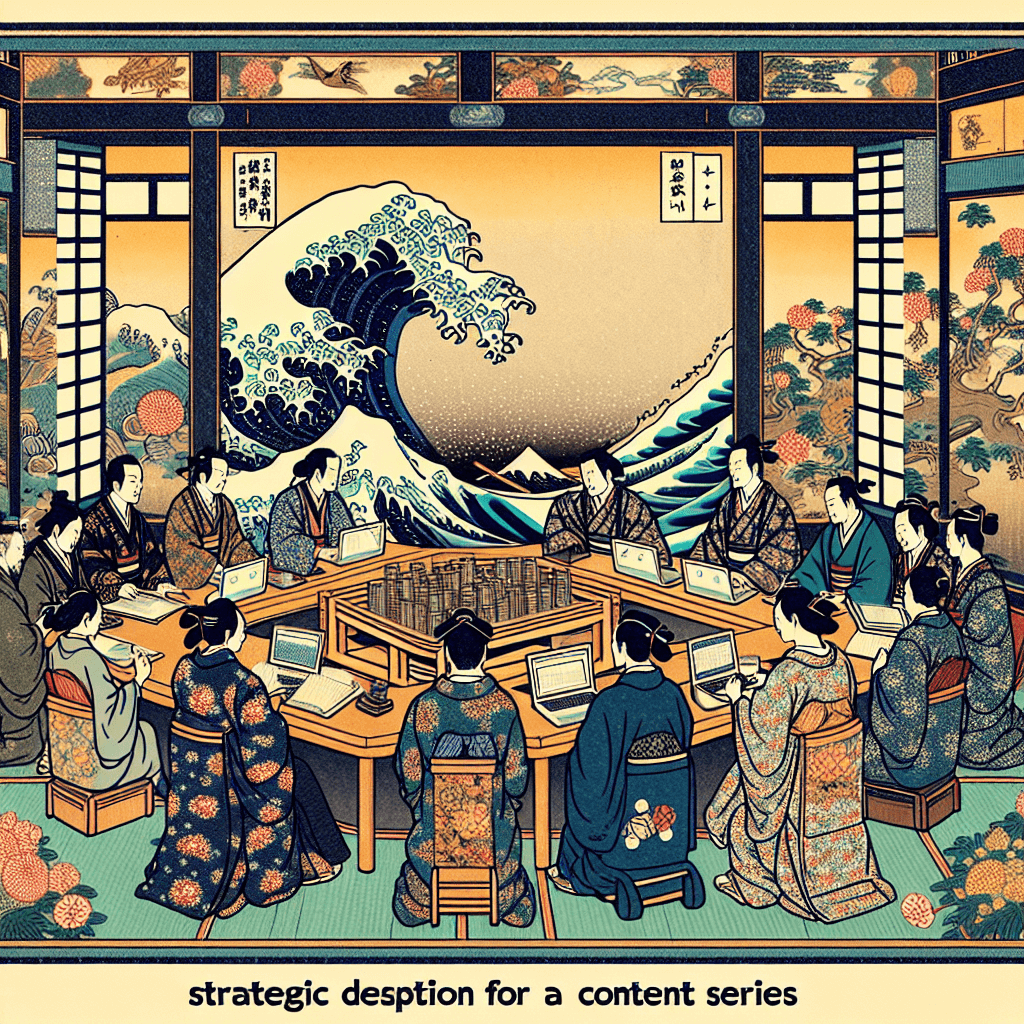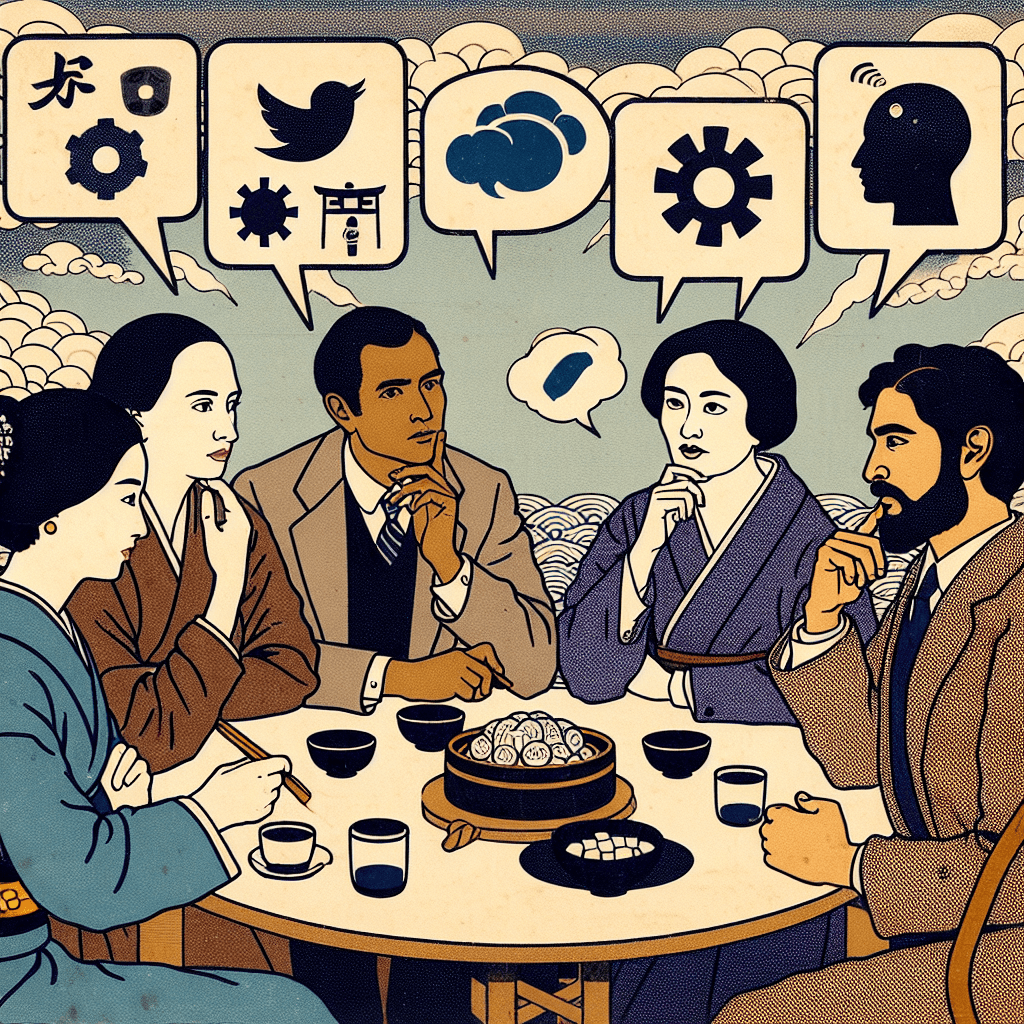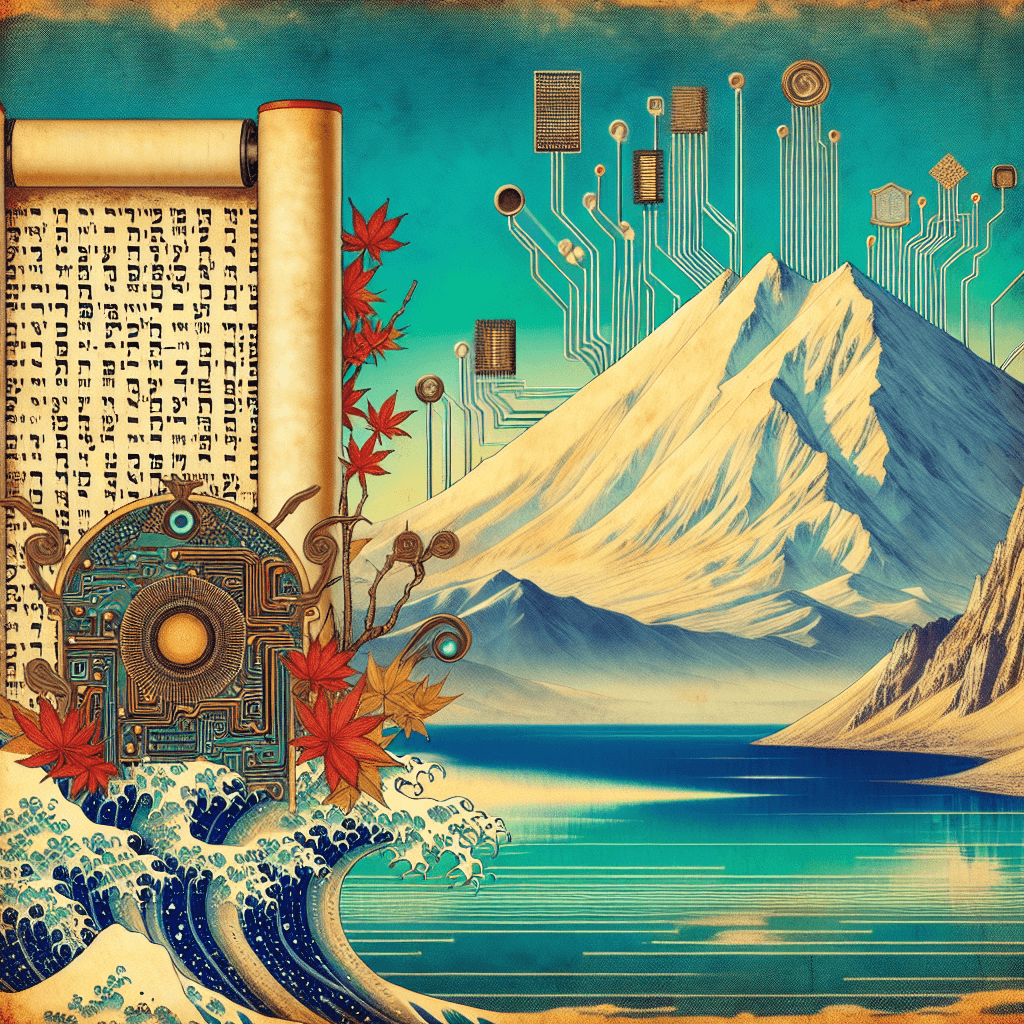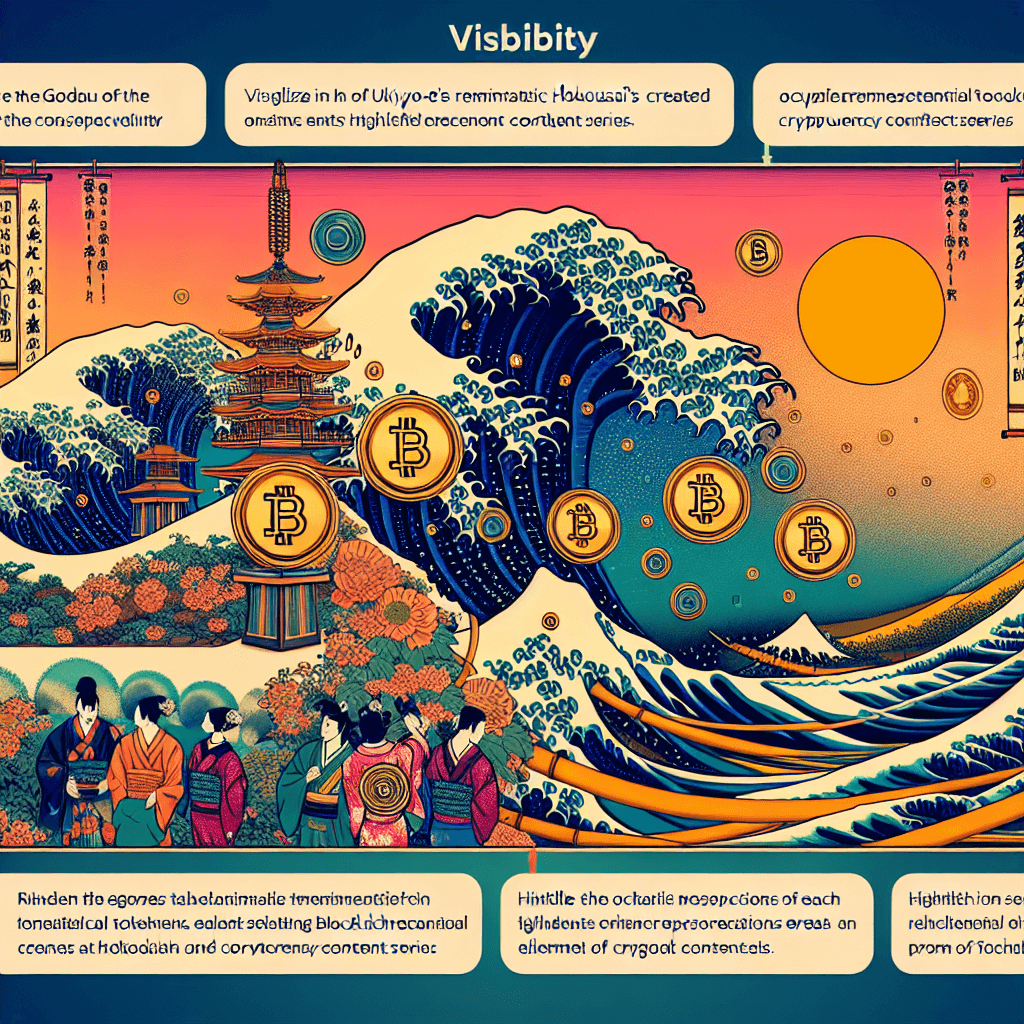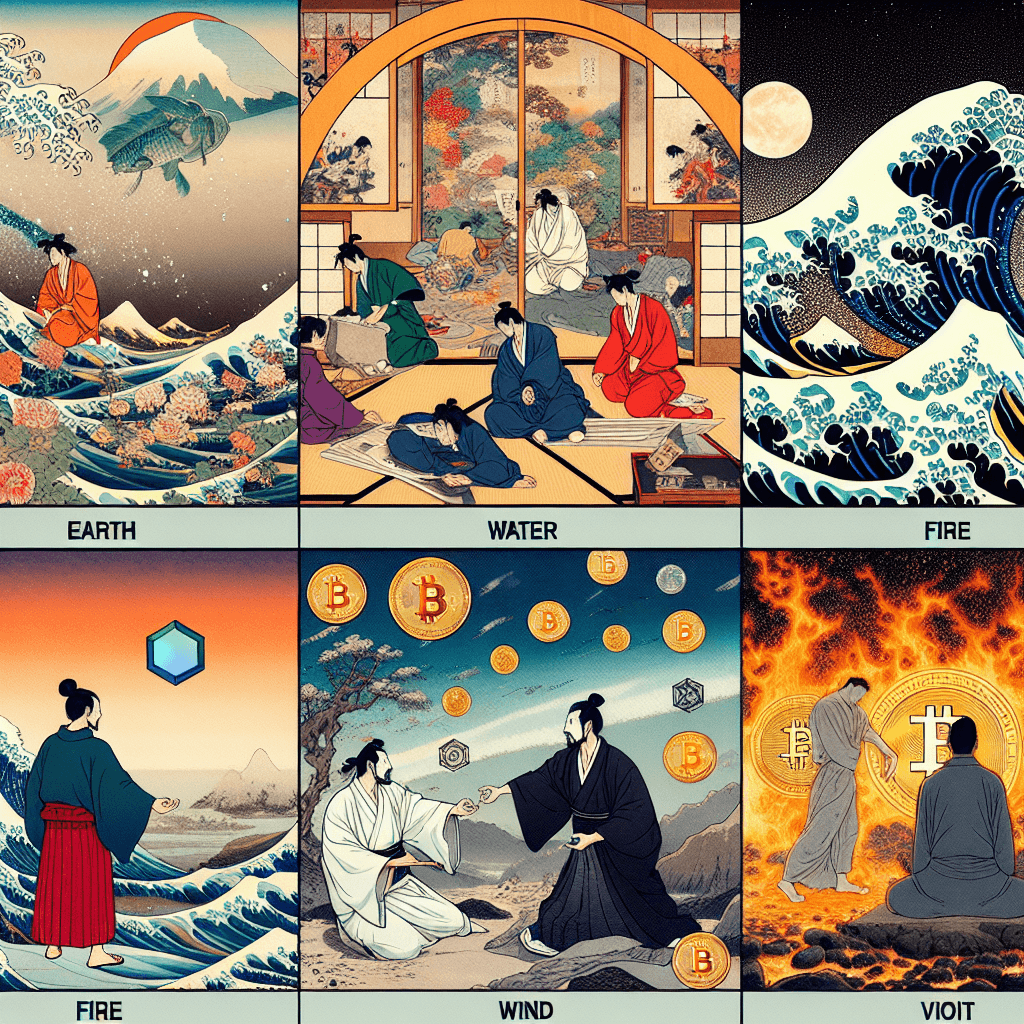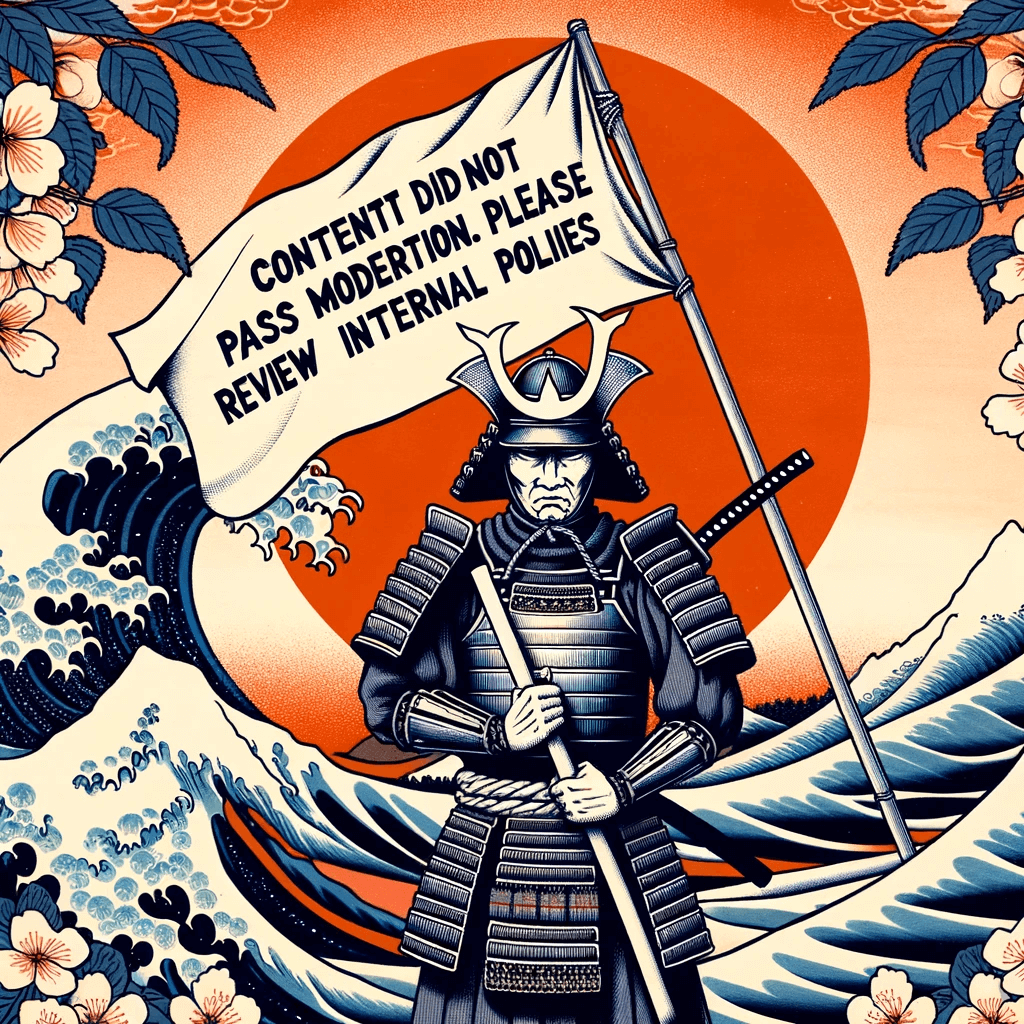Introduction to Godai: The Five Elements of Harmony
syndu | May 15, 2024, 10:41 p.m.
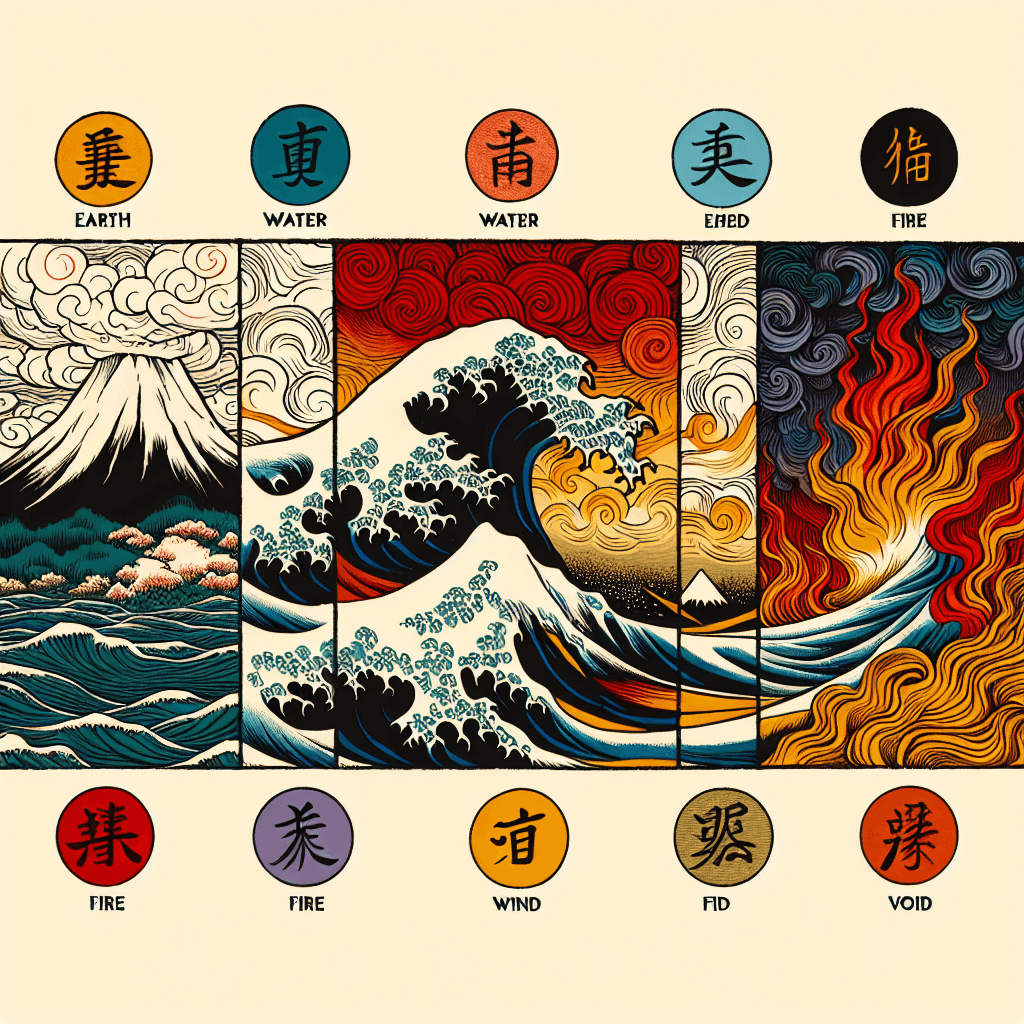
Introduction to Godai: The Five Elements of Harmony
The concept of Godai, which translates to "Five Great" in Japanese, is an ancient philosophy that has profoundly influenced Japanese culture, arts, and spirituality. It is a worldview that categorizes the universe into five fundamental elements—Earth (Chi), Water (Sui), Fire (Ka), Wind (Fu), and Void (Ku). Each of these elements represents different states of matter and energy, and together, they form a comprehensive understanding of the natural world and our interaction with it.
The Origins of Godai
The philosophy of Godai is deeply rooted in Japanese tradition, drawing from various religious and philosophical influences, including Shinto, Buddhism, and Taoism. It is believed that these elements are not just physical substances but also symbolic representations of different aspects of energy and the natural world. The concept of Godai is thought to have been influenced by similar elemental theories in Chinese philosophy, which were then adapted and integrated into Japanese thought.
The Significance of Godai in Japanese Culture
Godai has played a significant role in shaping Japanese culture and thought. It is reflected in the nation's art, architecture, martial arts, literature, and environmental practices. The elements serve as a guide for living in harmony with nature and understanding the interconnectedness of all things. They provide a framework for personal growth, spiritual enlightenment, and the pursuit of balance in life.
Overview of the Five Elements
- Chi (Earth): Represents solidity, stability, and nourishment. It is the foundation upon which all things are built and symbolizes the material world and physical existence.
- Sui (Water): Symbolizes adaptability, fluidity, and emotion. It is associated with the flow of life, change, and the emotional and intuitive aspects of the human experience.
- Ka (Fire): Embodies energy, transformation, and motivation. It is the driving force behind change and progress, representing passion and creativity.
- Fu (Wind): Signifies movement, change, and freedom. It represents the intangible forces that influence our lives and the freedom of thought and expression.
- Ku (Void): Represents potential, spirituality, and enlightenment. It is the space where all possibilities exist and invites us to explore the unknown and the realm beyond the ordinary.
Structure of the Content Series
This content series, titled "Godai: The Five Elements of Harmony," will consist of ten blog posts, each delving into the different aspects of the elements and their integration into Japanese tradition and modern life. The series will cover:
- The historical significance and representation of each element in Japanese culture.
- The influence of the elements on disciplines such as pottery, gardening, architecture, literature, and martial arts.
- The reflection of Godai in nature, environmental ethics, and contemporary culture, including pop culture and media.
Each post will be crafted with historical accuracy and cultural sensitivity, aiming to educate and inspire a Western audience. The series will provide a philosophical perspective on the elemental forces that shape Japanese traditions and the insights they offer to the world.
Join us as we embark on this journey through the elemental philosophy of Godai, exploring the wisdom and harmony it brings to Japanese culture and beyond.
